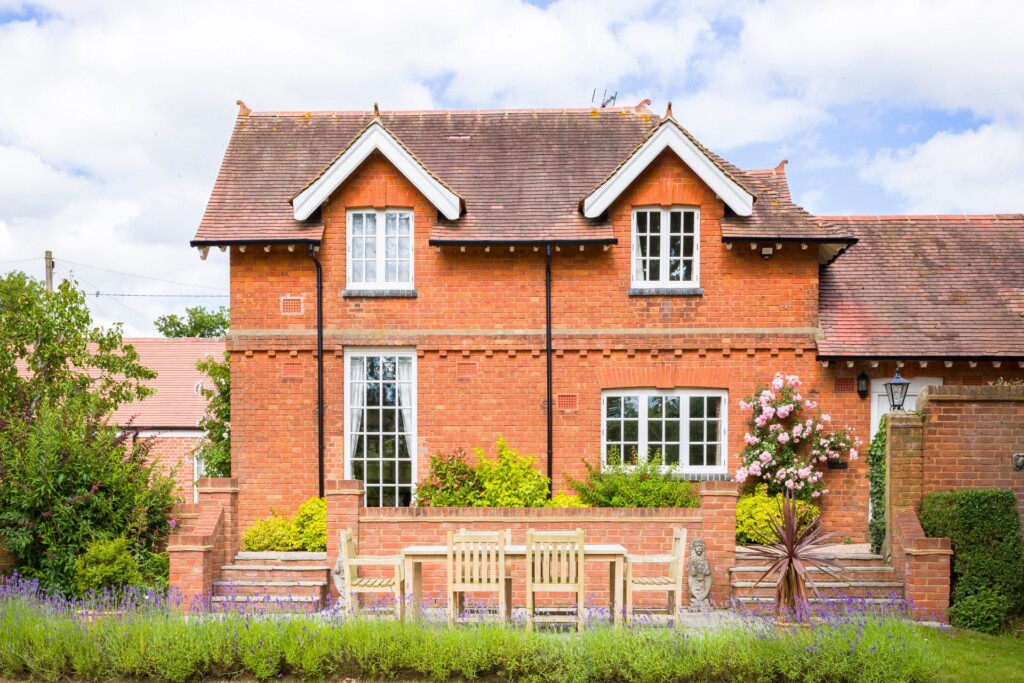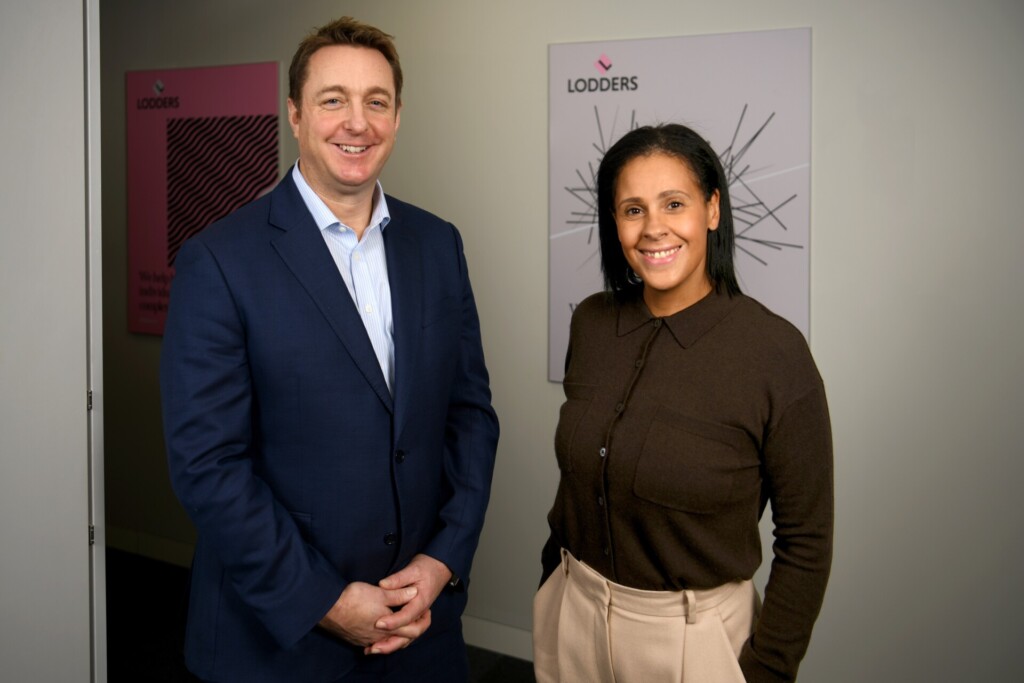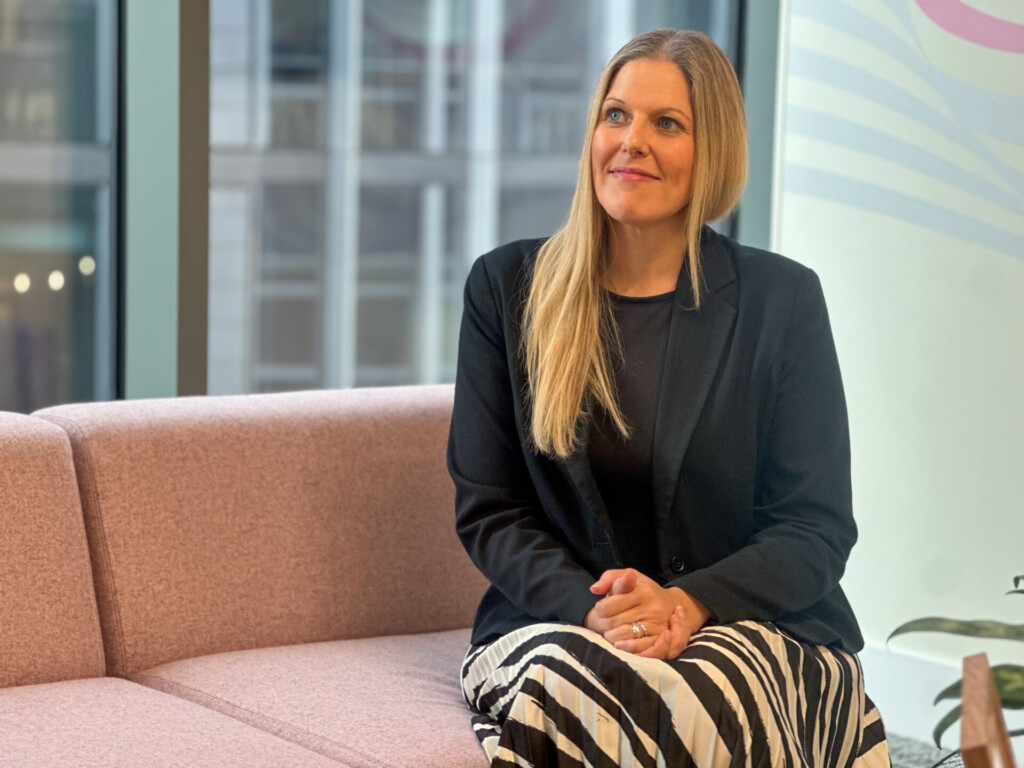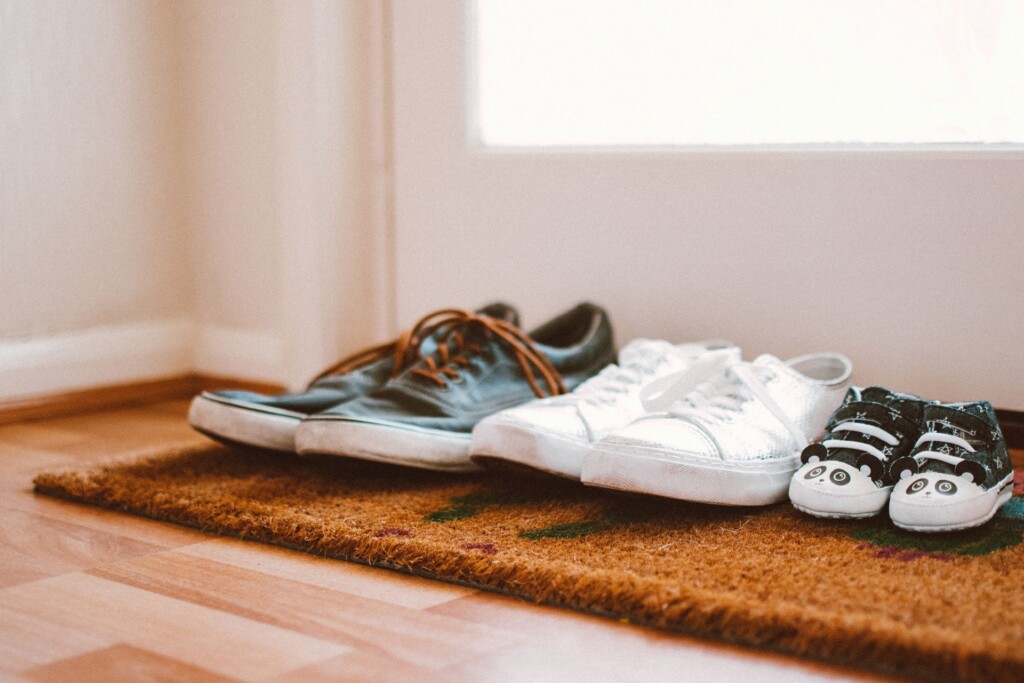If you own an investment property, planning for inheritance tax (IHT) can feel like walking a fine line between keeping control of your property and being tax-efficient.

One option that often comes up is placing a second property into a discretionary trust. It can be a useful strategy, but like most things in tax planning, it has both advantages and drawbacks. Michelle Gavin, partner in Lodders’ Private Client team, breaks down the pros and cons of gifting a second property to a discretionary trust for UK tax purposes.
The pros: how a discretionary trust can help with IHT
- Reducing your estate’s value for IHT: By putting a second property into a discretionary trust, the property and any increase in its value are no longer part of your estate for IHT.
- The 7-year advantage: If you live for seven years after making the gift, the property is no longer counted as part of your estate, which secures the IHT benefit.
- Built-in flexibility: With a discretionary trust, the trustees can decide who benefits and when. This can be a useful way to protect family wealth and support future generations in a way that fits changing needs over time.
The cons: what to watch out for
- Limits on tax-free gifting: Putting a property into a discretionary trust counts as a Chargeable Lifetime Transfer. You can use your Nil-Rate Band allowance (currently £325,000) without paying tax straight away, but anything above that is taxed at 20% immediately.
- No personal benefit: To keep the property fully outside your estate, you cannot use it or benefit from its income in the future. Otherwise, HMRC will treat it as though it is still yours.
- Ongoing trust taxes: Discretionary trusts are subject to their own tax rules. This includes potential charges on every 10th anniversary, taxes when assets leave the trust, and higher rates of income tax on rental income (up to 45%).
- Capital Gains Tax (CGT): Moving the property into the trust is treated as if you sold it. This may trigger a CGT bill, although Gift Hold-Over Relief may help reduce or delay this in some cases.
Is a discretionary trust the right option for your circumstances?
Placing a property into a discretionary trust is best suited to those who are comfortable stepping away from both ownership and future benefit. It’s a decision that needs careful thought and good advice to make sure it’s the right fit for your long-term plans.
Lodders’ Private Client team has been protecting families and their wealth for generations, providing a high level of personal service and exactly the right combination of expertise when it is most needed.
For expert advice and guidance on inheritance tax matters, please get in touch.
Contact usContact us
Need more advice?
For help with a legal problem or more information on any of our services at Lodders, please get in touch with our friendly team. You can contact us via the number or email address below, or fill in the form and we will get back to you as quickly as we can.

Contact a member of the team
Read more
Other news, insights and events







